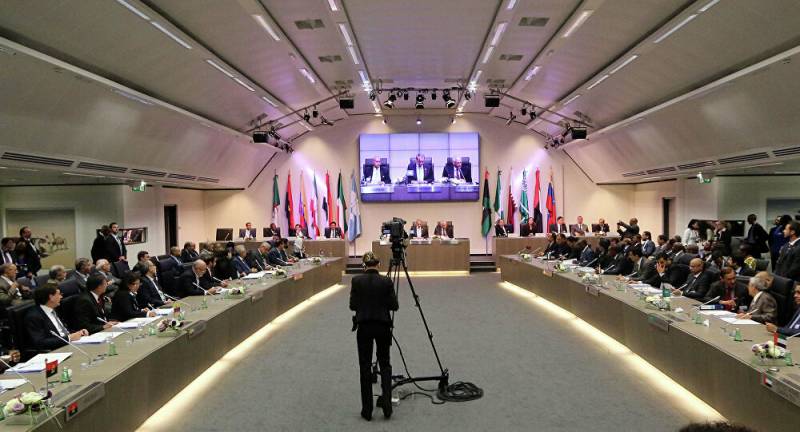OPEC+ oil producers reached a new deal on Sunday, agreeing to reduce oil production by 9.7 million barrels per day for two months, starting in May. The deal resulted in a modest growth of 1-3 percent of oil prices in opening trading on Monday.
According to the Azerbaijani Energy Ministry, global oil output will drop by 20 million barrels per day as a result of the OPEC+ agreement and plans of many producers outside the organisation.
"The agreement, reached at the 10th meeting of OPEC+ ministers, is historic for oil producers, consumers, and the global economy in general. For the first time ever, a two-year decision with significant production cuts was reached in this format, which met global support. These OPEC+ steps support the energy market in several ways. First of all, all the obstacles to the implementation of the decision on production cuts will be removed on 1 May".
Azerbaijani President Says Nation May Lose $1 Billion If Oil Prices Do Not Rebound After OPEC+ Deal
Azerbaijani President Ilham Aliyev said on Tuesday that the country could lose about $1 billion if oil prices do not rebound after the OPEC+ agreement.
"Quotas are already set. If oil prices do not rise to the required level, we will incur additional losses. We need to know that these losses can be about $700 million, or maybe even $1 billion. Therefore, we must take our steps now", Aliyev said during a video conference with the government.
According to the agreement, oil production in Azerbaijan will be reduced this year, he said.
"We need to know that the agreement between OPEC and non-OPEC countries imposes obligations on us. I want to say that Azerbaijan has always played a very active role in OPEC+", the president said.
On 12 April, OPEC+ signed a landmark deal that commits member nations to reduce crude oil production by 9.7 million barrels per day in May and June. Thereafter, production will be cut by 7.7 million barrels per day until the end of 2020, and by 5.8 million barrels daily from January 2021 until April 2022.






